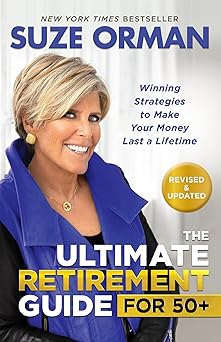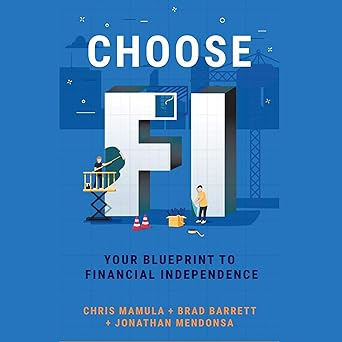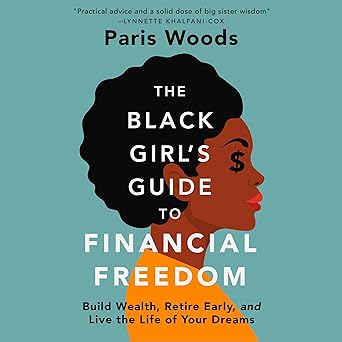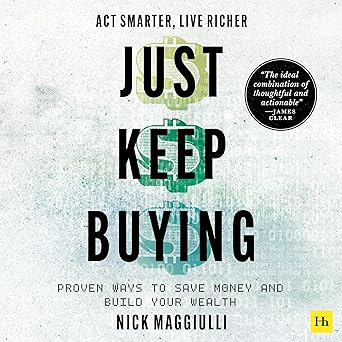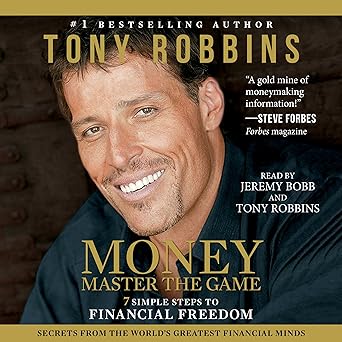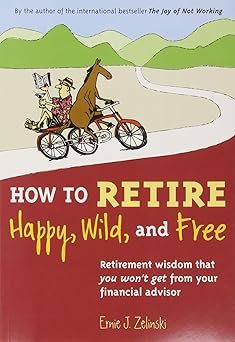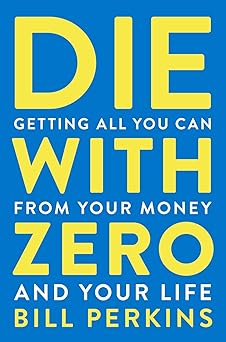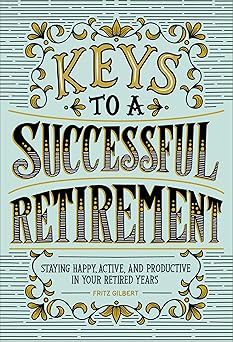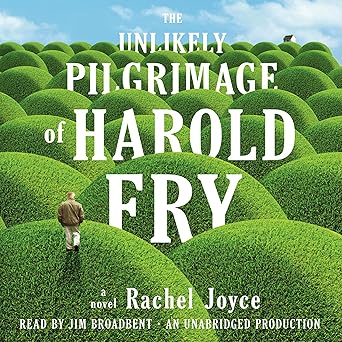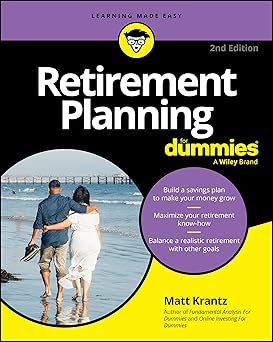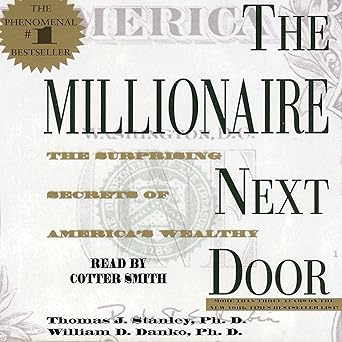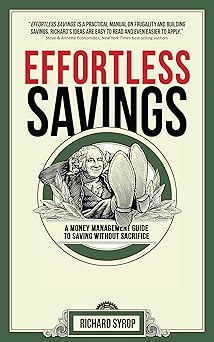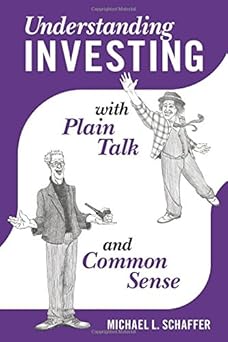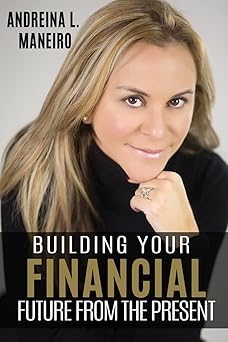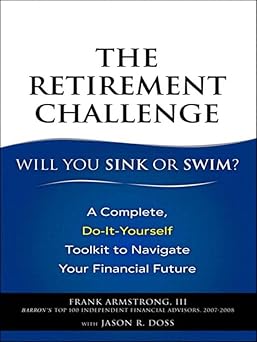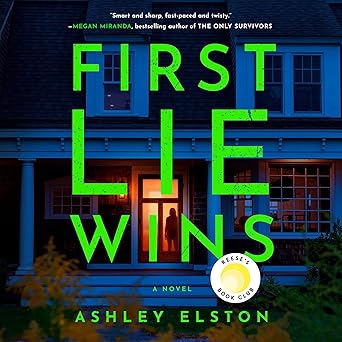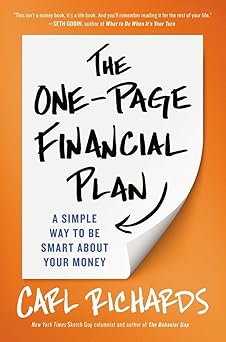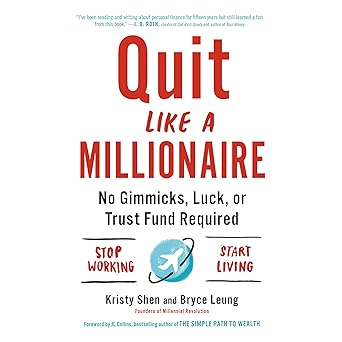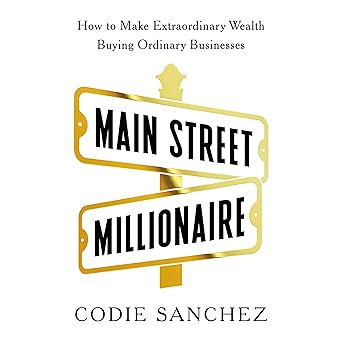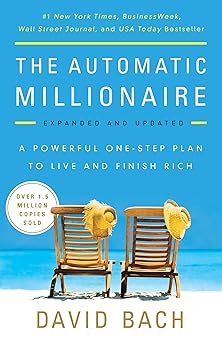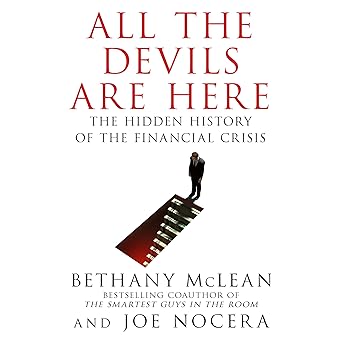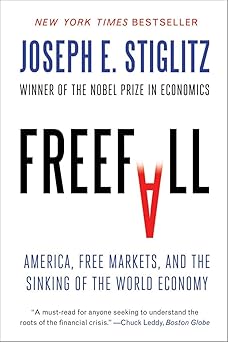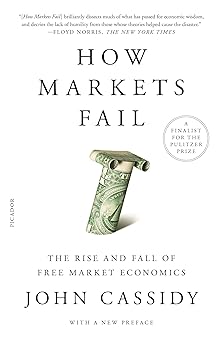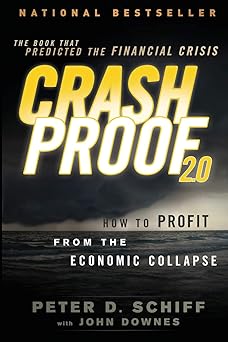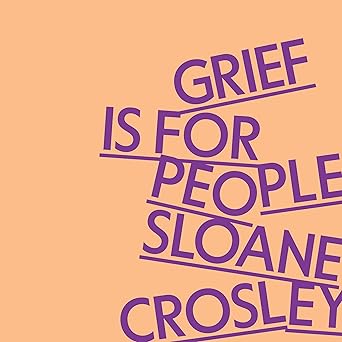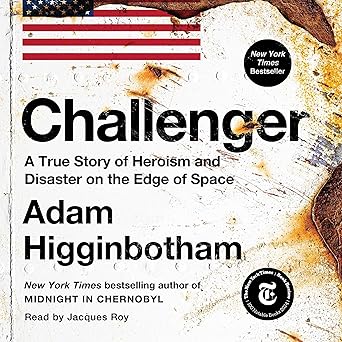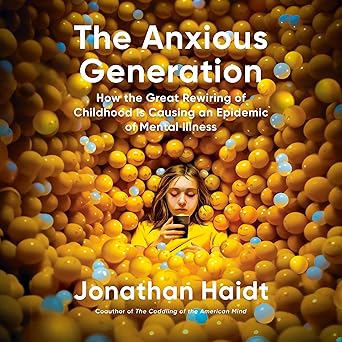It’s unsettling, isn’t it? That feeling of the ground shifting beneath your feet, the worry that things might not be as stable as they seem. I remember vividly the feeling of uncertainty during the last recession. I had just started my own business, and suddenly, the rug felt like it was pulled out from under me. Seeing friends and neighbors struggle, watching the news filled with stories of job losses and financial hardship – it was a deeply worrying time. It made me realize how little I truly understood about the forces that shape our economy.
That's why I put together this list of books. These aren't dry textbooks filled with confusing jargon. They're stories, analyses, and explanations designed to help us understand what happens when the economy falters – and why. My hope is that by learning from the past, we can all feel a little more prepared, a little more informed, and maybe even a little more empowered to navigate whatever the future holds. Let’s dive in and learn together.
Seven Crashes: The Economic Crises That Shaped Globalization
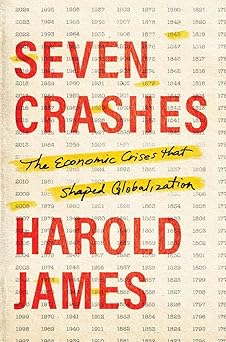
This book is a fascinating exploration of the role that economic crises have played in shaping our globalized world. The author, a leading economic historian, presents a fresh perspective on financial crises, dividing them into two categories: "good" crises that ultimately expand markets and globalization, and "bad" crises that result in a smaller, less prosperous world. Through a close examination of seven significant turning points in financial history, from the depression of the 1840s to the Covid-19 crisis, the author reveals how crashes triggered by a lack of supply, such as the oil shortages of the 1970s, have led to greater globalization as markets expand and producers innovate to increase supply. In contrast, crises triggered by a lack of demand, like the Global Financial Crisis of 2007-2008, have resulted in less globalization as markets contract, austerity measures are imposed, and skepticism of government grows. What I found particularly insightful was the way the author considers not only the events of each crisis but also the observers who shaped our understanding of each one - from Karl Marx to John Maynard Keynes to Larry Summers. By exploring the uneven course of globalization, the author sheds light on how our understanding of these crises has evolved over time and how this history can inform our approach to economic policy in the future.
Discover this book on Amazon (affiliate link)
The Federal Reserve and the Financial Crisis
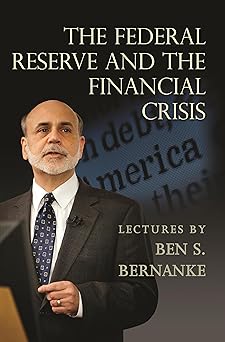
I just finished reading a book that shook me to my core, and I couldn't help but think about the fragility of our economy. The story revolves around the life of Ben Bernanke, the former chairman of the US Federal Reserve, who gave a series of lectures about the Fed's response to the 2008 financial crisis. It's a raw and honest account of the Fed's actions, revealing the guiding principles behind its decisions and the hard-won lessons from the crisis. Bernanke takes us on a journey through the Fed's history, from its inception in 1914 to the present day, highlighting the struggles with inflation, and the economic boom known as the Great Moderation. But what struck me the most was Bernanke's candid admission that monetary policies alone cannot revive a struggling economy. He emphasizes the need to address the underlying structural and regulatory problems that plague our financial system. As I read through Bernanke's words, I couldn't help but think of all the people who lost their homes, their jobs, and their savings during those tumultuous years. His story is a powerful reminder that even in the darkest of times, there is always hope for a better future.
Discover this book on Amazon (affiliate link)
How an Economy Grows and Why It Crashes
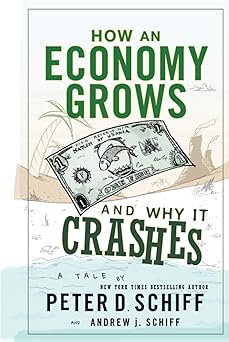
This book is a unique blend of economics and storytelling that uses humor and illustrations to explain complex economic concepts. The author, Peter Schiff, and his brother Andrew team up to expose the flaws in our country's economic conversation, applying their signature "take no prisoners" logic to shed light on the latest economic issues. The book draws inspiration from the authors' father, a well-known economist and activist, who wrote a previous book on a similar topic. The Schiffs explain the roots of economic growth, the importance of saving and risk, the impact of consumer credit, and the source of inflation, among other key principles of economics. As I read through the book, I couldn't help but think of all the times I've heard economic concepts explained in a confusing or overly technical way. The Schiffs' approach is refreshingly straightforward and easy to follow, even for those without a background in economics. What I also appreciated was the authors' willingness to tackle tough topics and their use of anecdotes and examples to make the concepts more relatable. The result is a book that's both entertaining and informative, leaving readers with a deeper understanding of the inner workings of our economy.
Discover this book on Amazon (affiliate link)
The Great Recession
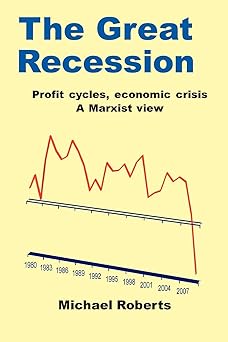
This book is a thought-provoking analysis of the 2008-9 economic downturn, the worst slump in the world economy since the Great Depression of the 1930s. The author draws on the work of Karl Marx, using his theory of the laws of motion in a capitalist economy to explain the causes of the Great Recession. What struck me about the author's approach is how accessible and clear he makes Marx's complex ideas, making it easy to understand the underlying dynamics of capitalism that led to this global economic crisis. I was particularly fascinated by the author's emphasis on the idea that economic crises are not random events, but rather the inevitable result of the inherent contradictions of a capitalist system. The author's analysis is both insightful and cautionary, offering a nuanced understanding of how such crises can occur again in the future. Through his meticulous research and engaging writing style, the author sheds light on a pivotal moment in modern economic history, providing valuable lessons for anyone interested in understanding the complex interplay of economic and social forces that shape our world.
Discover this book on Amazon (affiliate link)
The Fed and Lehman Brothers: Setting the Record Straight on a Financial Disaster (Studies in Macroeconomic History)
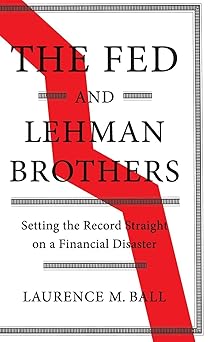
The 2008 financial crisis was a pivotal moment in modern history, and one of its key events was the collapse of Lehman Brothers. The bankruptcy of this investment bank sent shockwaves around the world, leading to a global recession that lasted for years. Ever since then, there has been a lot of debate about what happened in the days leading up to the bankruptcy, and especially about the role of the Federal Reserve. For years, former Chairman Ben Bernanke has said that the Fed lacked the authority to rescue Lehman, citing a lack of collateral as the reason. However, a four-year study of the event has revealed a different story. It turns out that the Fed did have the power to rescue Lehman, but chose not to because of political pressure and a flawed assessment of the potential consequences of the bankruptcy. This new understanding of the crisis is both shocking and enlightening, and raises important questions about the decision-making of those in charge during this time. The story of the Lehman collapse is a complex and nuanced one, but it's also a fascinating and cautionary tale that can help us understand how and why financial disasters happen. It's a reminder that even the most powerful institutions can fail, and that the consequences of those failures can be devastating.
Discover this book on Amazon (affiliate link)
